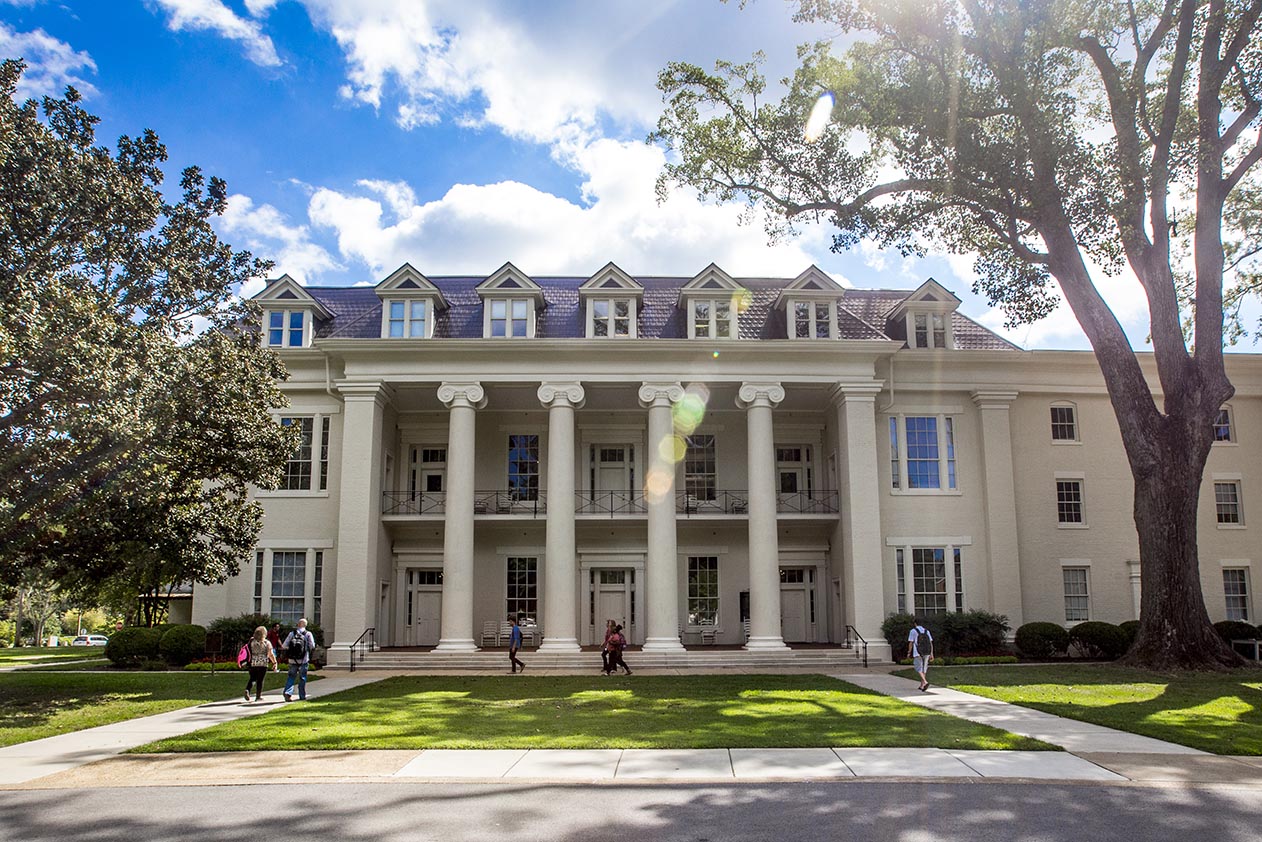Returning to college to finish your degree makes a lot of sense. For one thing, it can give you the qualifications you need to advance in your career or break into a new career area.
Having a degree also unlocks greater earning potential. Over your lifetime, a bachelor’s degree can pay for itself many times over.
However, returning to school can feel out of reach. Life is busy and it’s hard to imagine finding the time for coursework. Budgets are tight and you might wonder how you could afford tuition.
Something many adult learners don’t know is that you can take advantage of the work experience you already have to significantly reduce the time and cost involved in finishing your degree.
How? Keep reading to find out.
Your Work Experience Can Earn You College Credits
So how can your work experience make going back to college easier and more affordable?
It’s simple: Certain colleges give you credit for what you’ve learned outside the classroom. This counts toward the total number of credits you need to graduate, which reduces the number of courses you’ll have to take and saves you time. And because colleges charge tuition based on the number of courses you enroll in, it will also save you money.
You might initially be skeptical. Why are colleges willing to do this?
Colleges are willing to give credit for prior learning because they understand how learning works. The college classroom is important, but it is by no means the only or even the most important place where learning takes place. The workplace is also a rich educational environment and there is no reason to make adult learners sit through classes that cover what they already know.
By recognizing prior learning, colleges can let students build on their existing knowledge and make earning their degrees much more accessible.
Turning Your Experience into College Credit: How It Works
The idea of getting college credit for what you already know is exciting. In this section, we’ll explain the details so you know what you can expect if you participate in such a program.
One thing to note before we dive in: Different colleges handle credit for prior learning in different ways. Some do not offer it at all. We’ll describe common ways colleges approach prior learning credits, but you should research the details for the particular programs that interest you.
Let’s start by looking at the kinds of experience that might count for credit. The term that‘s usually used is “prior learning,” which can encompass more than strictly work experience. Here are some examples:
- Work Experience: Many college courses are aimed at preparing students for certain jobs. For instance, someone planning to go into business might take a course in accounting. If you have worked for several years as a bookkeeper, you probably know everything you would learn in such a course.
Other examples of work experience that could lead to credit might include leadership or public speaking.
- Professional Certifications: Workers in many fields are required to earn certifications or licenses to do their jobs. This would include, for instance, public accountants, financial advisors, and real estate agents. In other fields, certifications are helpful for career advancement.
Obtaining a license of certification reflects having mastered a certain body of knowledge, just like passing a course does.
- Non-College Courses: Maybe you have taken courses or gone through training either for your job or as part of your experience in the military. These also may count for college credits.
As you read through these categories, hopefully, you were able to see some areas where you might have relevant experience. But how do colleges go about translating your experience into a specific number of credits?
Colleges tend to determine the credits you’re eligible for in three main ways:
- Exams: In a standard college course, professors use exams to measure the extent to which students have mastered course materials. In the same way, many colleges use exams to see what adult learners know in particular areas.
The College-Level Examination Program (CLEP) is a well-established means of assessing prior learning. The tests, offered in core areas, are accepted by a large number of colleges and universities. Schools may also use tests they develop internally.
- Standard Equivalences: Colleges also can grant credit for prior learning automatically based upon predetermined standards.
For example, here at Athens State University, an Alabama real estate license counts for three credits (in other words, one normal semester-long class).
- Professional Portfolio: Much of what you have gained through work experience isn’t easy to fit into a box. A portfolio gives you the chance to demonstrate skills and knowledge that don’t fall under the first two categories.
After carefully reviewing your portfolio, a college will decide how best to translate your experiences into college credits.
Make the Most of Your Work Experience: College Doesn’t Have to Be out of Reach
At Athens State University, we know what it means for you to return to school in this season of life. As one of the few upper-division universities in the country, we’re focused on helping adult students finish what they have started.
We appreciate the challenges you face and strive to provide the flexibility, affordability, and quality education essential for your success through our Adult Degree Program. Part of what this means is working creatively to give you all the credit you deserve for your work and life experiences.
Want to see what’s possible? Try our quick online calculator today and see what credits you may qualify for at Athens State.
If you’re interested in discovering more about how you can finish your degree faster and more affordably than you may have thought, explore our program details.

